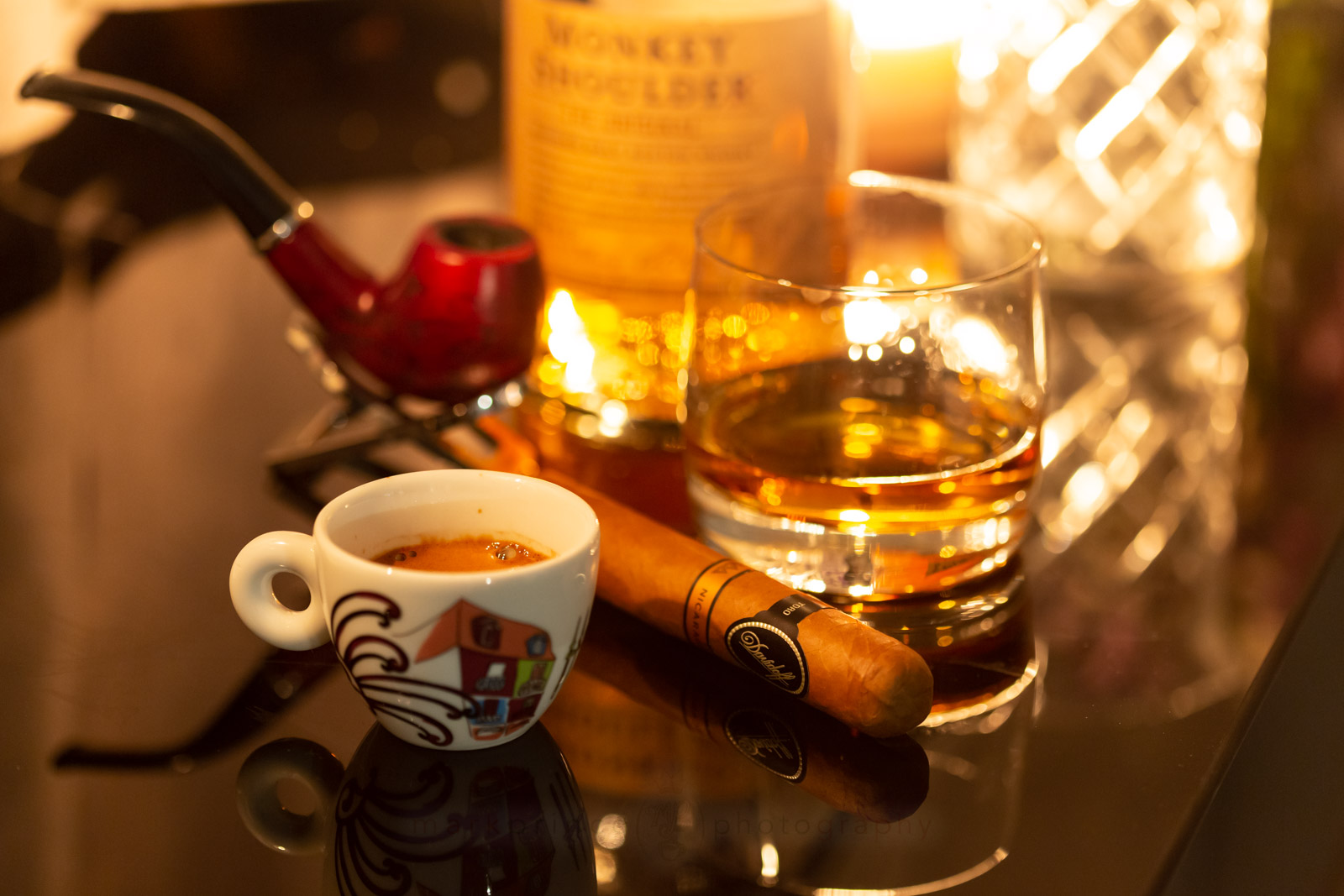Products You May Like
Coffee is a matter of serious consideration even for those not invested in specialty coffee. Coffee drinkers, by and large, have strong opinions about their preferred cup, their preferred brewing method, their preferred flavor profile, and whether or not they add various kinds of milk, creams, and sweeteners to it.
How someone takes their coffee is possibly one of the first pieces of intimate knowledge that strangers learn about coffee drinkers, and remembering the details often counts as a sign of caring. Those invested in the specialty coffee world might have the knowledge, means, and language to better communicate those preferences and help coffee drinkers achieve their perfect coffee drink, but we don’t hold a monopoly over being opinionated about how coffee should be made and consumed.
Which is why it’s always incredibly annoying to run into some piece of advice about drinking coffee that is not only full of vague and wrong disclaimers and tips but is also rife with stereotyping that misses the nuance of good coffee. I recently read one of those pieces of writing that, unsurprisingly enough, was aimed at “real men”, the true gentlemen, the James Bonds of the 21st century, those who must take their coffee in certain ways to prove their superiority.
Come on. Are we not over telling people that “black and strong” is the only way to go, that adding milk to espresso is a sin, and that if you spend too long sipping your caffeinated drink you lose your pass into the big boy’s club? Are we not over dismissing “diluted” coffee drinks as if there isn’t a science behind them as well? Are we not over making coffee about the pink and blue dichotomy, the gender binary, rather than about, well, coffee?
Here at CoffeeGeek, we’re kind of tired of this message—our mission is to help people drink coffee like educated human beings, to give everyone the option to learn about their beloved drink and make it in the right way for them. Good coffee is an art that is as varied and nuanced as gender presentations and expressions.
Those who tell “real men” to know their beans, roasts, and brewing methods but constrict them to drinking “black and strong” coffee (what does that even mean to those people?) are not giving coffee drinkers and professionals the respect they deserve. Coffee is a craft, and craft shouldn’t have limits imposed on it. Especially when those limits aren’t about how to make coffee taste good or better. Those limits aren’t about how to improve, reinvent, and invent coffee once again; but rather about creating some sort of fictional manly character that, let’s be honest, ends up not really enjoying their drink properly.
Drinking Coffee Like an Educated Human Being
So how do you drink coffee like an educated human being? The first thing to do when getting into specialty coffee is to understand that while there are rules, while there are timings and temperatures and measures that will get you the best results out of your beans, there is always a place to experiment and have fun with it along the way.
How do you think all the best guides on CoffeeGeek were created if not by experimenting and having fun with perfecting methods? How do you think coffee professionals develop their craft if not by trying things that they haven’t tried yet? It’s all about having fun and learning what’s behind the reasons we do what we do. So yes, know your coffee—that’s the second thing—but always leave room for learning.
Knowing your coffee doesn’t equate to simply collecting dry information about it. Learn what’s around you, the stores and people and cafés that will provide you with the best service and will be happy to explain things they know. Connect to your local coffee culture, but don’t stop there. When you get to travel, explore! When you’re online, explore!
Implement the tips you find into your coffee routine (God knows we’re always happy to provide help here at CoffeeGeek) and try to think if you truly like the cup you just made better or if it’s just because someone’s telling you you’re supposed to like it better. Learn, with the help of the information you collect, to decide for yourself. Because, after all, human beings’ palates are varied and we learn them as much as we learn what we taste with them.
And one last tip before I leave you to drink your coffee in peace. The better we learn the language of coffee, not only in terms of the words surrounding specialty coffee but in terms of what we’re doing to our beans before we drink those bean waters, the better we will be able to explain to ourselves and others what good coffee means. We don’t need to be all high and mighty about it. We simply need to love it enough for it to matter.


